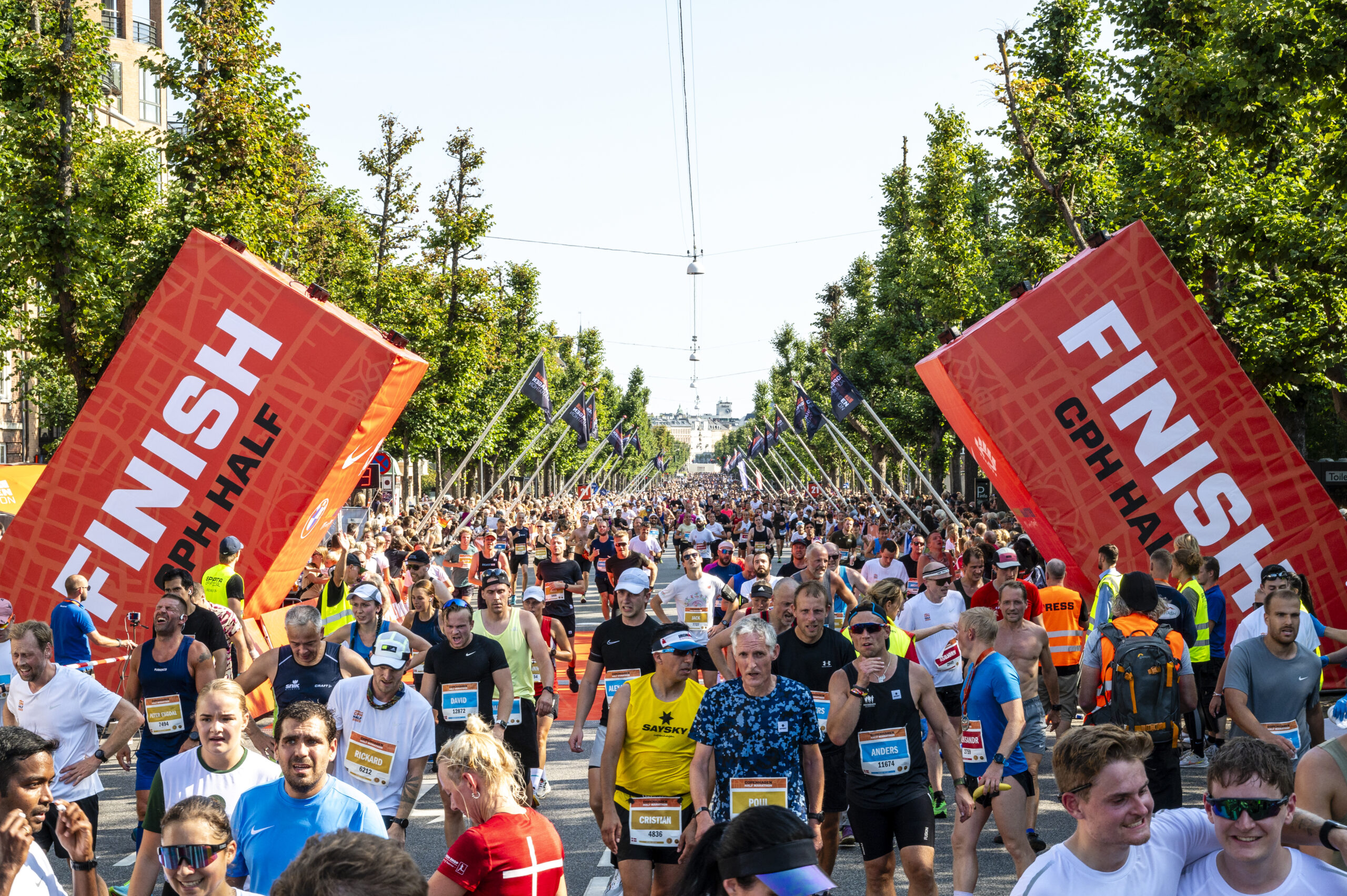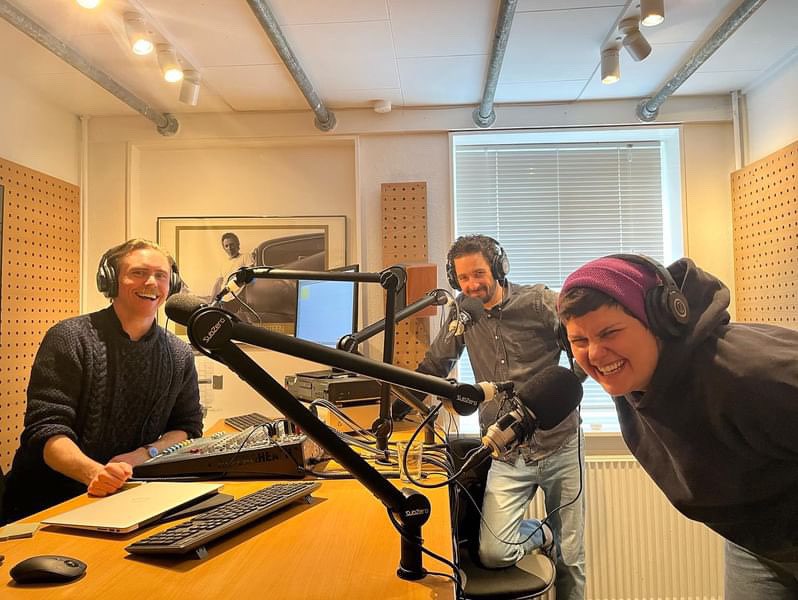Danes have to take a hard look in the mirror and attempt to answer the question of why Denmark remains an unpopular destination for foreign workers, journalist Martin Krasnik said at a debate Wednesday night examining Denmark's reception and treatment of expats.
“We Danes need a real kick in the ass,” Krasnik told The Copenhagen Post. “It’s not enough to simply point the accusing finger at foreigners and say it’s them that need to change, not us.”
The event, which was held at the Dansk Design Center, featured a four-person panel who all agreed that something within Danish society had to change if the country is to have any chance of attracting skilled foreign workers in the future.
“Skilled workers found outside of these borders don’t steal Danish jobs. They create them,” panellist Tine Horwitz, the head of the Consortium for Global Talent, told an audience of 120. “If we don’t do anything to try keep them here, we risk getting left behind.”
Horwitz is not alone in this opinion. The country’s economy minister, Margrethe Vestager (Radikale), recently voiced her concern about Denmark’s failure to hold on to skilled foreign workers. At a similar event in September, Vestager told an assembled crowd of business leaders that Danes "need to be less pretentious" in their attitudes to foreigners.
Anne Knudsen, another panellist and the editor-in-chief at Weekendavisen, insisted that it’s not the Danish stereotype of being cold that’s turning foreigners away, but rather the country’s cultural obsession with structure.
“The Danish workplace is a quiet one. People get on with their job and try not to disturb anyone,” Knudsen argued. “Then when the clock strikes five, we Danes get up and go home. Foreigners may see this as impersonal, but we see it as natural.”
 This lack of a collegial atmosphere at work is one that is unfamiliar to many foreigners. Panellist Nivedita Ramulu Eskesen, who moved to Denmark twelve years ago from London, pointed out that colleagues in London are encouraged to socialise with each other and develop a sense of camaraderie. Knudsen, on the other hand, argued that that would generally be perceived as insincere amongst Danes.
This lack of a collegial atmosphere at work is one that is unfamiliar to many foreigners. Panellist Nivedita Ramulu Eskesen, who moved to Denmark twelve years ago from London, pointed out that colleagues in London are encouraged to socialise with each other and develop a sense of camaraderie. Knudsen, on the other hand, argued that that would generally be perceived as insincere amongst Danes.
“Why else would you make the effort to go out drinking with your boss, if not for getting a leg up in your career?” Knudsen said. “Danes just get on with the job, and go home.”
Knudsen went on to contend that expats are not aware of this Danish attitude. They therefore assume that their Danish colleagues are deliberately ignoring them in favour of socialising with their own Danish friends.
This in turn makes foreigners feel ostracised and look to other expats for company, which results in the formation of small social groups in which Danes are separated from non-Danes. Panellist Torben Møller-Hansen, the head of Foreningen Nydansker, an association promoting integration, said that the recent Christmas tree controversy is a perfect example of communication breakdown between Danes and foreigners.
“How do we expect foreigners to adapt to our culture, if it’s our culture not to communicate with others?,” Møller-Hansen asked the audience. “Should we really then be surprised if our cultural views clash with theirs? Of course not. We need to educate ourselves before we can educate others.”
The debate encouraged the audience to consider why expatriates avoid sending their children to Danish schools, or why so many leave the country after only a few years. Knudsen argued that it has less to do with a foreigner’s reluctance to integrate and more to do with Danes' resistance to accommodate. She insisted, however, that it’s not that Danes are difficult to approach, but that their extreme sense of modesty makes them unwilling to help foreigners integrate.
“We seem to think that information shouldn’t be shared unless specifically asked for,” Knudsen said. “That’s not because we’re unfriendly, it’s because we fear being thought of as a snob. In our minds it’s only a snob that offers information to unsuspecting individuals who haven’t asked for it in the first place.”

The general conclusion of the event seemed to be that Danes should be encouraged to break out of their socially-constructed shells in order for the country to retain its expats, but also that those expats in turn should be taught that they should ask questions rather than wait to be told what to do.
The Copenhagen Post questioned Krasnik as to why the event itself had been held in Danish, and not in English so that foreigners could actually be included in the discussion.
“It’s about picking your battles,” Krasnik said. “We’re considering holding another event like this one in English. But today was about showing Danish companies what has to be done to attract, and keep, skilled expat workers. Once we’ve finished with that battle, we can move on to the next.”













